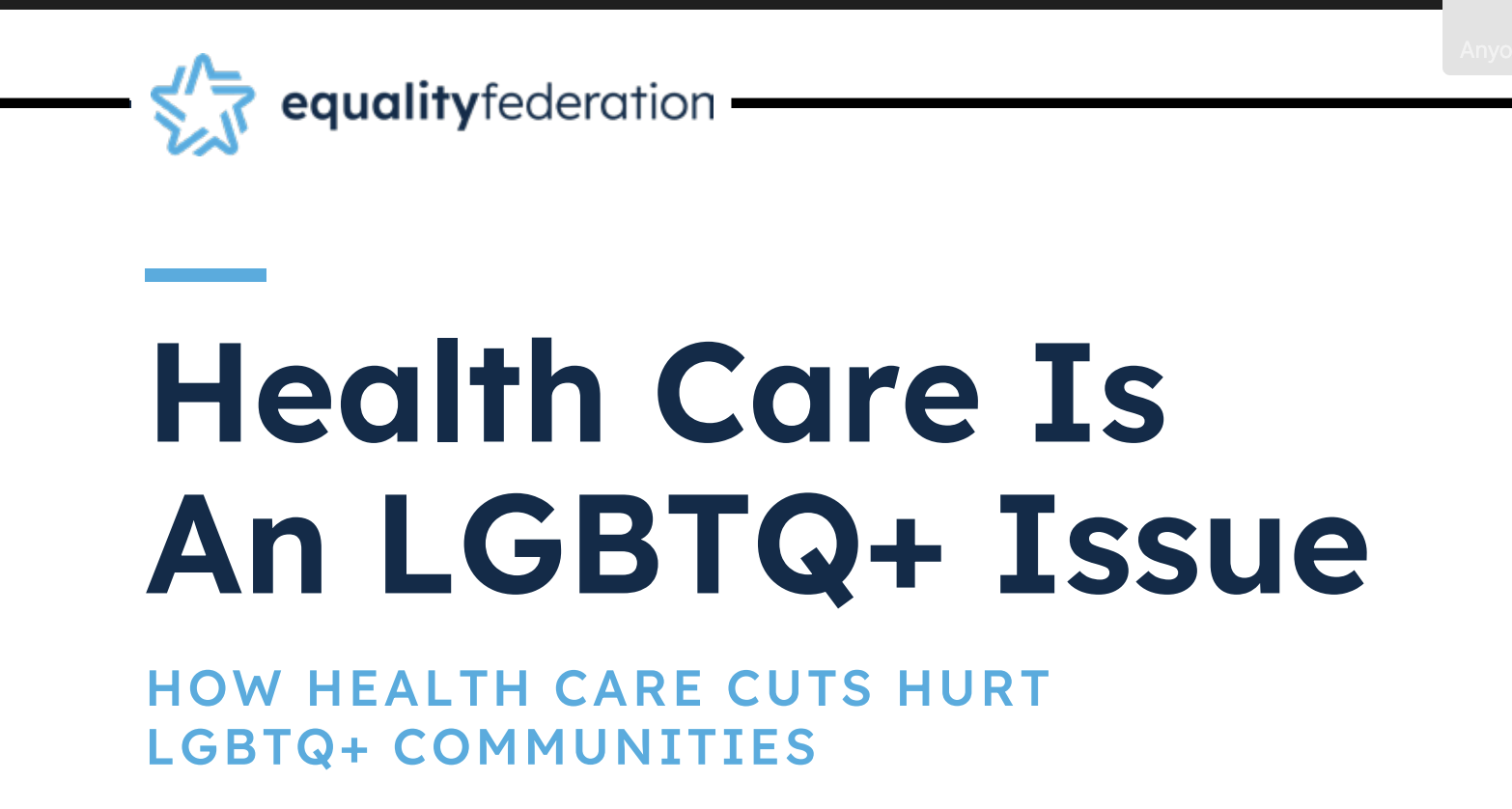Report from Equal Rights Center Shines Light on Barriers to Senior Housing for Same-Sex Couples
By 2030, an estimated 6 million LGBT seniors will be living in this country. As this number increases, so does the need for more housing options that allow older LGBT people and their partners to live in safe and comfortable environments.
When surveyed, LGBT seniors regularly list housing discrimination as one of their primary concerns, including “trepidation” about mainstream senior housing options. The Equal Rights Center (ERC) recently conducted an investigation into the extent of adverse, differential treatment against seniors seeking housing with their same-sex partners.
Opening Doors: An Investigation of Barriers to Senior Housing for Same-Sex Couples details the results of this study. Click here to download.
The ERC conducted 200 civil rights tests of age-restricted housing across 10 states (Arizona, Colorado, Florida, Georgia, Michigan, Missouri, New Jersey, Ohio, Pennsylvania, Washington). Testers consisted of gay, lesbian, or bisexual individuals who were part of same-sex couples, as well as heterosexual individuals who were part of opposite-sex couples -- all of whom were given similar personal and financial profiles. For each test, an LGB tester and a heterosexual tester would call the same senior living community on different days to inquire about availability, pricing, etc.
Barriers to equal housing opportunity are erected when housing providers give different and adverse information regarding availability, costs, amenities and services, terms and conditions for housing, the application process, and follow up.
In 96 of the 200 tests (48%) conducted, the LGB tester experienced at least one type of adverse, differential treatment. In 25 tests (12.5%), the LGB tester experienced multiple forms of adverse, differential treatment.
Across all of the states tested, the ERC found that:
- in 20 of the 200 tests (10%), housing providers offered fewer units to LGB testers, with 3 of these tests resulting in an outright denial of availability
- in 20 of the 200 tests (10%), the LGB tester was quoted a rent price at least $100 more than was quoted to the heterosexual tester
- in 42 of the 200 tests (21%), the LGB tester was subjected to additional and/or higher fees and deposits
- in 9 of the 200 tests (4.5%), the LGB tester received significantly less information regarding the amenities available at the facility despite speaking with the same agent
- in 22 of the 200 tests (11%), the LGB tester was told of additional application requirements, such as background checks, credit checks, proof of income, or a waitlist process, while the heterosexual tester was provided with a more streamlined process
Looking at the states with and without anti-discrimination protections, the ERC found that:
- in the 7 states without protections, rates of adverse, differential treatment ranged from 40% to 80%, with each state having at least 1, and as many as 8, tests including 2 or more forms of adverse treatment
- the 3 states with statewide anti-discrimination laws generally fared better, but still saw significant problems -- with rates of differential treatment ranging from 10% to 60%
- of the 3 states with statewide anti-discrimination laws, the only state with a statewide anti-discrimination law and marriage equality (Washington) had the lowest rate of differential treatment (10%), while the state with no marriage recognition (Colorado) had the highest rate of differential treatment among the three (60%)
The findings from Opening Doors: An Investigation of Barriers to Senior Housing for Same-Sex Couples further emphasize the need for statewide nondiscrimination laws across our country. Legislation prohibiting housing discrimination based on sexual orientation and gender identity is essential as the results of this investigation show us that these laws help to reduce the discrimination faced by LGBT people.
In several states where the investigation was conducted, statewide nondiscrimination legislation is currently being considered by lawmakers, and this report draws attention to the necessity of these protections. Especially as the LGBT community ages and more seniors desire to move into senior living communities, it’s critical that these protections are in place to ensure equal housing opportunities for all.

%20(2).jpg)



.jpg)
.jpg)
.jpg)
.jpg)
.jpg)
